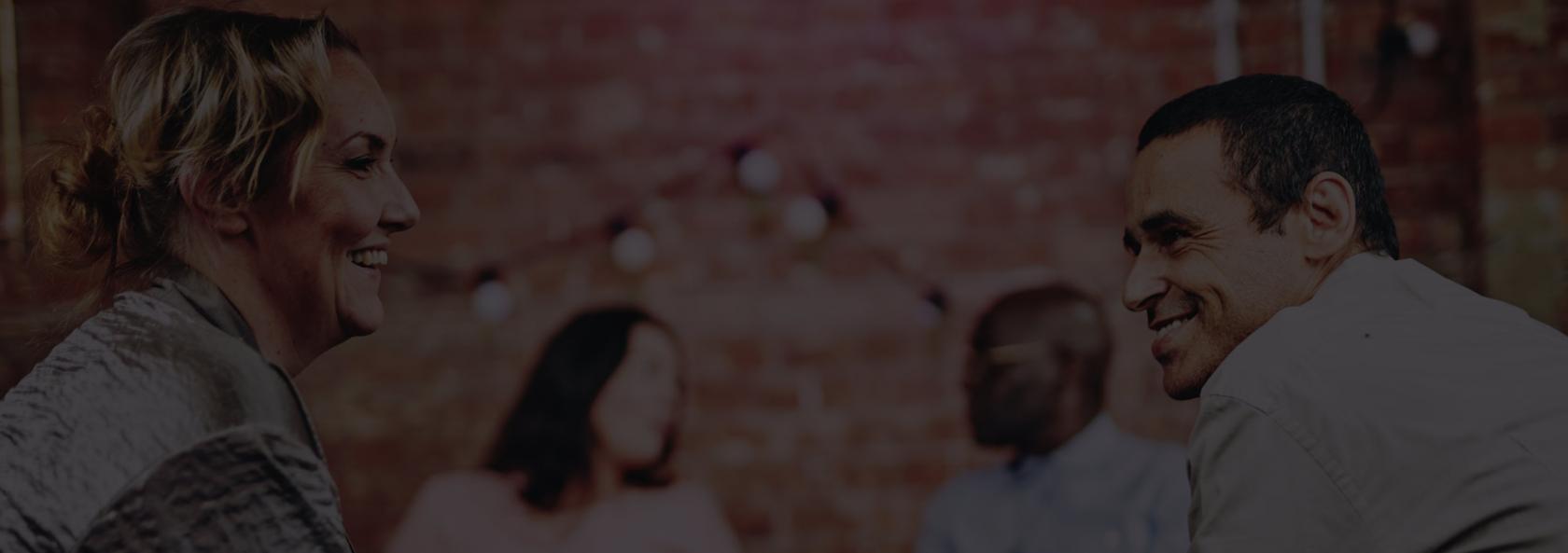Advice for anyone worried about a young person's drug use
Why do young people use drugs?
There are lots of different reasons why a young person might start using drugs:
- They want to experiment or rebel: teenagers are curious by nature and want to try new things, be more independent and make their own choices. Sometimes this can be more about rebellion and pushing boundaries.
- To connect with others: drinking and taking drugs are often associated with socialising, and it can feel like you have to join in to fit in. Some young people will join in because it looks fun and they’re curious, but sometimes peer pressure can play a role too.
- They’re less worried about risks: teenage brains don’t see risk in the same way as adult ones, so young people are more likely to try drugs, even if they know that there can be negative consequences.
- It’s easy: drugs are everywhere and they’re often cheap, which makes it feel normal. It’s getting easier too - you can buy drugs on social media and have them delivered to you.
- To help them cope: drugs can make you feel more relaxed, less inhibited, or change how you see the world. This can seem like a good escape if you’re feeling anxious, isolated, or struggling to cope with things in your life.
- Because of their environment - growing up around alcohol and drugs or in an area where drugs are common plays a major role in young people’s drug and alcohol use.
What are the signs?
It can be hard to tell if a young person is using drugs. There are some warning signs, but always question whether they could be normal teenage behaviour or a sign of issues with mental or emotional health instead.
- Making new friends and falling out with old ones: this is common among teenagers so explore it sensitively, but it can be a sign. New friends might use drugs, and old friends might be pulling away because they disapprove.
- Mood swings/uncharacteristic bad behaviour: again, this is common, but drugs affect people’s emotions, particularly during a comedown. A drastic or out of character change in behaviour might be cause for concern.
- Looking scruffy or poor hygiene: taking drugs regularly can lower your motivation and make you less concerned about taking care of yourself. If you notice a change, there’s probably an underlying cause.
- Staying out late: staying out late isn’t out of the ordinary, but if it's paired with any of the other signs it could mean something more's going on.
- Being secretive: teenagers aren’t always the best at communication, but if they’re not keen to tell you where they’re going or who with, and showing some other signs, you might be right to worry.
- Losing interest in things: teenagers go through phases and might naturally lose interest in a hobby, but a sudden change might mean that they have a new priority - so gently try to find out what it is.
- Can’t explain where their money is going: this is usually a sign they are spending their money on things they think they shouldn’t, and they don’t want you to know for a reason.
What to do next
If you've spotted the warning signs and you suspect your patient or client is using drugs, then you should try to talk to them about it. Remember to stay calm and plan the conversation - the way you approach the subject will have a real impact on how they engage with you.
What support is there?
Wherever you are, there should be a dedicated service to support young people with drug and alcohol use.
Change Grow Live young people's services provide friendly, non-judgemental support. We get to know the young people we work with and build up a relationship based on trust and respect. We treat all young people as individuals and offer support tailored to their specific needs. We'll work with you as a parent or carer too, as it’s crucial that the support continues at home.
Use our service finder to see if there is a Change Grow Live young people’s service in your area. (If there isn't, we'll help you find a service near you from another organisation.)

